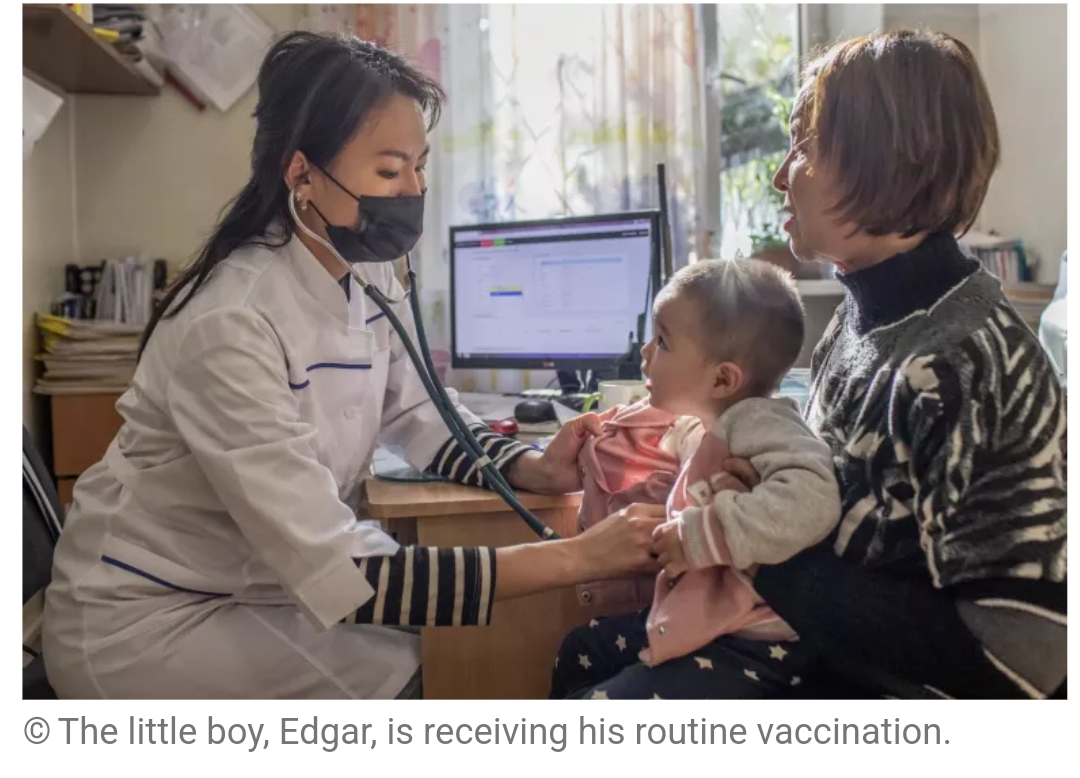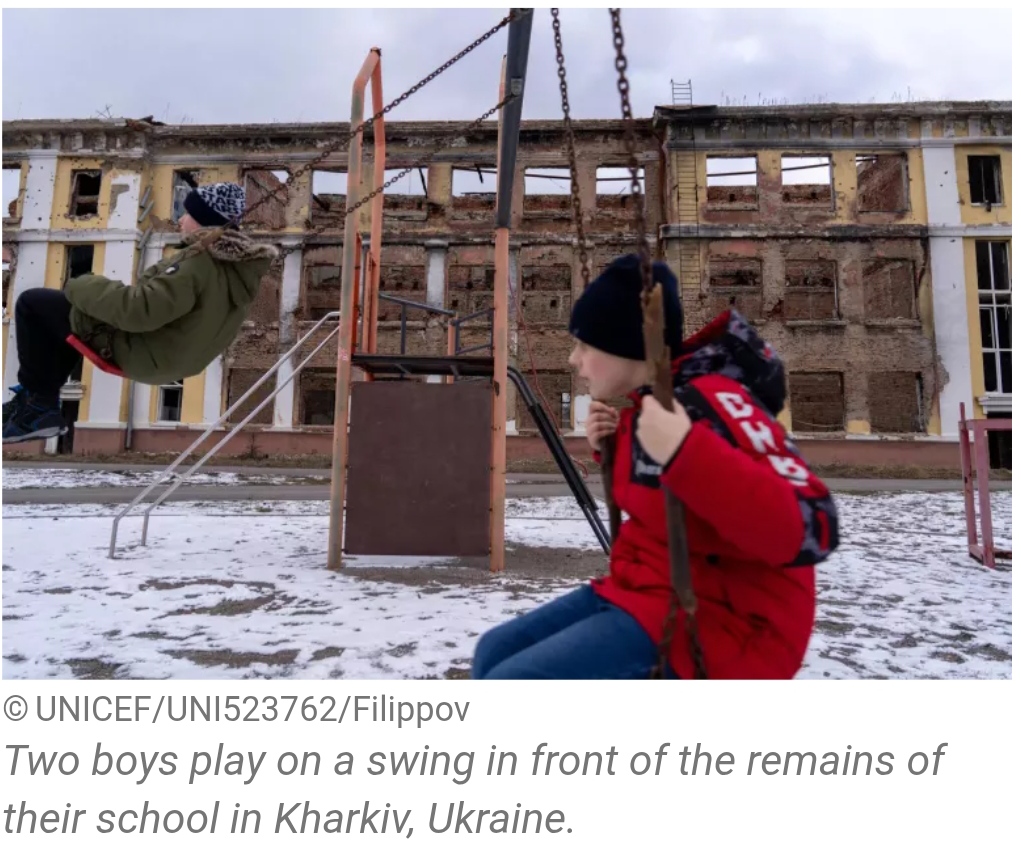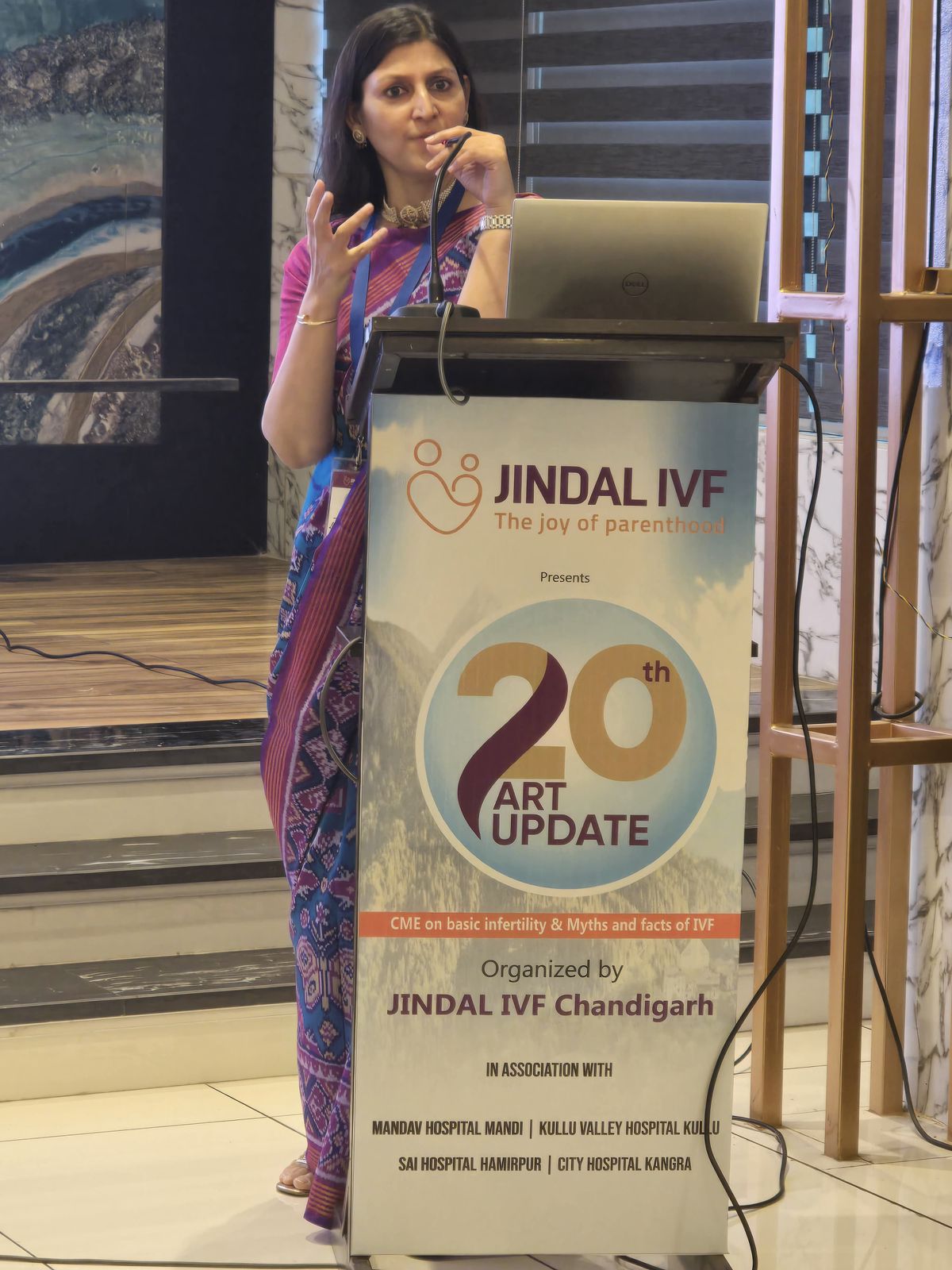Measles Cases Surge in Europe to Highest Levels Since 1997, Warns WHO and UNICEF.
Shimla:
GENEVA/COPENHAGEN:
The European Region has seen a dramatic rise in measles cases, with 127,350 reported in 2024, double the number of cases recorded in 2023, and the highest total since 1997, according to a joint analysis by the World Health Organization (WHO) and UNICEF. The surge in cases highlights critical gaps in immunization coverage, particularly in the wake of the COVID-19 pandemic that disrupted vaccination schedules across the region.
More than 40% of the reported cases in 2024 were among children under five years old, underlining the vulnerability of young children to this highly contagious virus. Of the total reported cases, over half required hospitalization, and 38 deaths were reported as of 6 March 2025, based on preliminary data.
Measles cases had been in steady decline since 1997, when the European Region recorded around 216,000 cases, dropping to a low of 4,440 in 2016. However, a resurgence began in 2018 and 2019, with 89,000 and 106,000 cases respectively, followed by a significant increase in cases again in 2023 and 2024. The rise in cases has been attributed to a rollback in vaccination rates during the pandemic, as many countries struggled to maintain routine immunization services.
Dr. Hans P. Kluge, WHO Regional Director for Europe, warned that the surge in measles cases serves as a wake-up call for the region. “Measles is back, and it’s a wake-up call. Without high vaccination rates, there is no health security. As we shape our new regional health strategy for Europe and Central Asia, we cannot afford to lose ground,” he emphasized. “The measles virus never rests—and neither can we.”
In 2024, the European Region accounted for one-third of the global measles cases. In addition to the surge in cases, a staggering 500,000 children across the region missed their first dose of the measles vaccine (MCV1) in 2023. WHO and UNICEF are calling on governments to urgently address these gaps in immunization coverage, particularly through sustained investment in health care workers and outreach to underserved communities.
Regina De Dominicis, UNICEF Regional Director for Europe and Central Asia, stated, “Measles cases across Europe and Central Asia have soared over the past two years – pointing to gaps in immunization coverage. To protect children from this deadly and debilitating disease, we need urgent government action including sustained investment in health care workers.”
Measles, one of the most contagious diseases known to humans, can cause severe complications including pneumonia, encephalitis (brain inflammation), diarrhea, and dehydration. It can also result in long-term health issues such as blindness and can severely damage the immune system, leaving survivors vulnerable to other infections. Vaccination remains the most effective method of protection against measles.
Several countries in the region, including Bosnia and Herzegovina, Montenegro, North Macedonia, and Romania, have seen measles vaccination coverage rates well below the 95% threshold required for herd immunity. In particular, Bosnia and Herzegovina and Montenegro have reported persistent low vaccination rates for the past several years, with coverage falling below 70% and 50% respectively for MCV1.
Romania reported the highest number of measles cases in the region in 2024, with 30,692 cases, followed closely by Kazakhstan with 28,147 cases.
Measles continues to pose a significant global threat, with more than 359,500 cases reported worldwide in 2024. The virus regularly crosses borders, and outbreaks can occur whenever there are gaps in vaccination coverage, particularly in unvaccinated or under-vaccinated populations.
WHO and UNICEF are working with national governments, the European Union, and the GAVI Alliance to prevent and respond to measles outbreaks by strengthening immunization programs, training health care workers, and engaging communities in vaccination campaigns. The agencies are calling for governments with active measles outbreaks to immediately scale up case finding, contact tracing, and emergency vaccination campaigns to halt further transmission.
“Countries must not only address the immediate outbreaks but also analyze the root causes of the resurgence of measles, strengthen health systems, and close the vaccination gaps,” said De Dominicis. The agencies emphasize the importance of reaching hesitant parents, marginalized communities, and tackling inequitable access to vaccines.
For countries without active outbreaks, WHO and UNICEF stress the need for preparedness, including identifying immunity gaps, building public trust in vaccines, and ensuring robust health systems that can respond to potential outbreaks.
The urgent call to action emphasizes that high vaccination coverage is essential to protect children and prevent further measles outbreaks in Europe and Central Asia.



